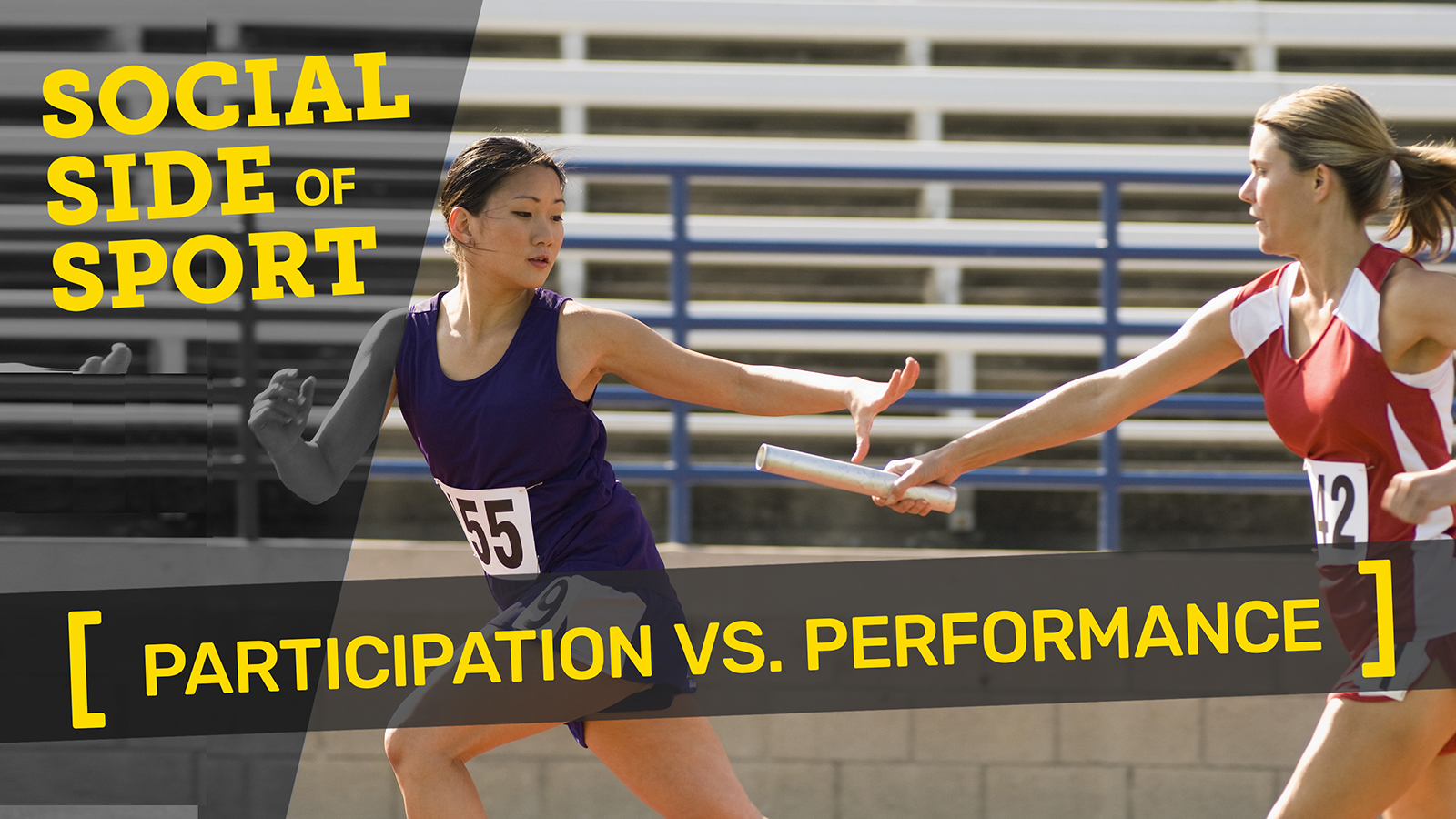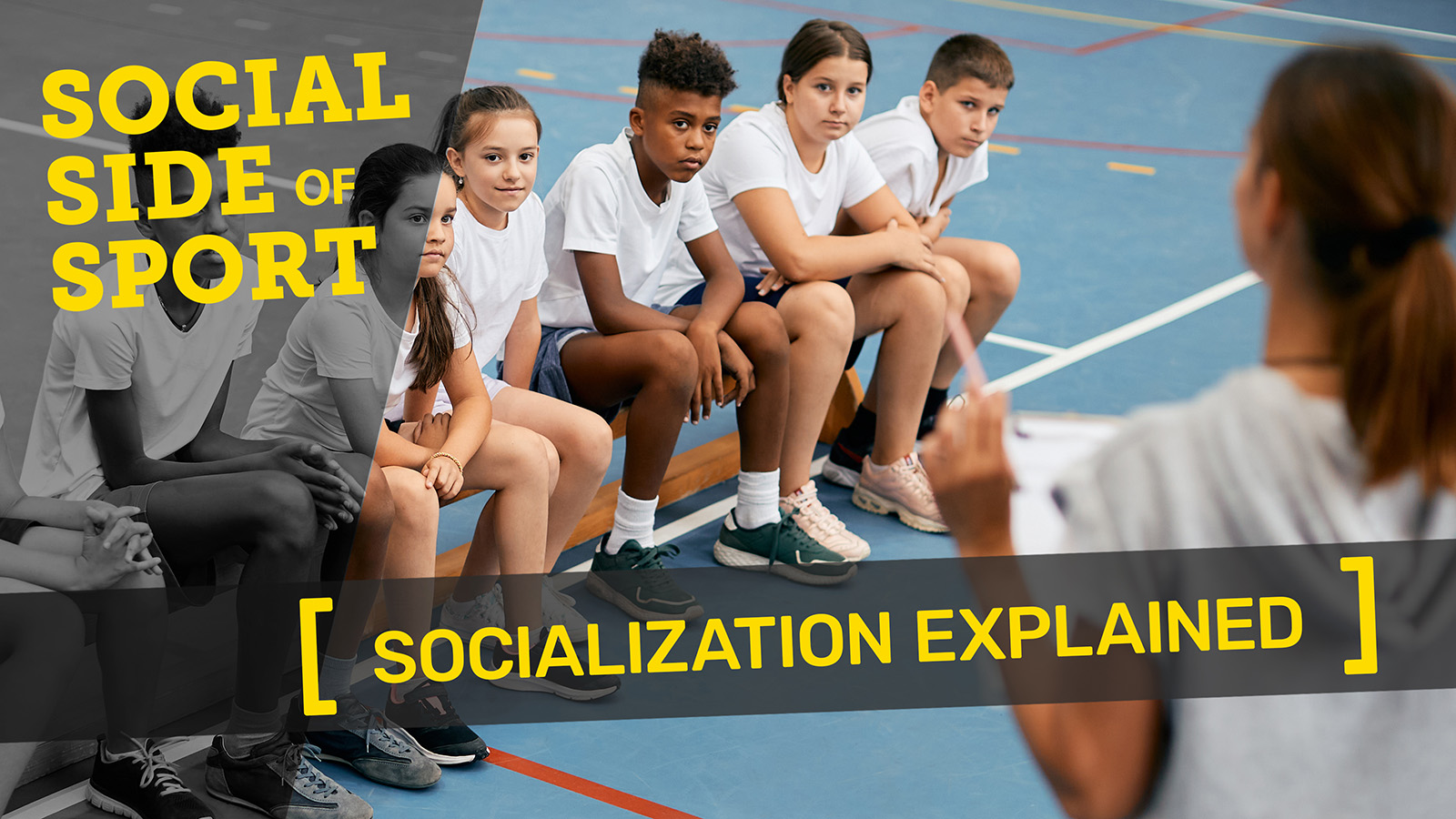Self-determination theory (SDT) is a theory that suggests the motivation for why we do things. It is a theory that has been studied a lot in sports and exercise psychology. The theory was first written about by Deci and Ryan in a book they published in 1985 (and then updated in 2002 and 2017). You can find a plethora of information about the theory on their website: http://self-determinationtheory.org/.
SDT has six mini-theories that explain different ways we get motivated. Motivation is made up of two parts: intrinsic motivation (doing something because you enjoy it) and four types of extrinsic motivation (doing something for external reasons). These different types of motivation can be arranged on a scale, with intrinsic motivation being the most self-driven and external regulation being the least self-driven. Intrinsic and some types of extrinsic motivation are linked to positive outcomes like good behavior and positive thoughts and feelings. Other types of extrinsic motivation, though, can lead to negative outcomes.
In SDT, it’s suggested that people have three basic needs: autonomy (feeling independent and in control), competence (feeling capable and skilled), and relatedness (feeling connected to others). When these needs are met, people tend to be more self-motivated. But if these needs are ignored or not fulfilled, people can become less motivated or even lose interest in doing something. The social environment and the people around us play a big role in supporting or not supporting these needs. For example, coaches or teachers can learn how to communicate and structure activities in ways that support these needs in their athletes or students (Amorose & Anderson-Butcher, 2007).
Lastly, SDT makes a distinction between goals. There are goals that come from within ourselves (intrinsic goals) like wanting to be healthy, and there are goals that come from outside pressures (extrinsic goals) like wanting to be famous. Intrinsic goals are linked to higher levels of self-motivation and overall well-being.
Amorose, A. J., & Anderson-Butcher, D. (2007). Autonomy-supportive coaching and self-determined motivation in high school and college athletes: A test of self-determination theory. Psychology of Sport and Exercise, 8(5), 654–670. https://doi.org/10.1016/j.psychsport.2006.11.003
Deci, E. L., & Ryan, R. M. (1985). Intrinsic Motivation and Self-Determination in Human Behavior. Berlin: Springer Science & Business Media.
https://doi.org/10.1007/978-1-4899-2271-7
Ryan, R. M., & Deci, E. L. (2002). Overview of self-determination theory: An organismic-dialectical perspective. In E. L. Deci & R. M. Ryan (Eds.), Handbook of self-determination research (pp. 3–33). University of Rochester Press.
Ryan, R. M., & Deci, E. L. (2017). Self-Determination Theory: Basic psychological needs in motivation, development, and wellness. New York, NY: The Guilford Press.





















